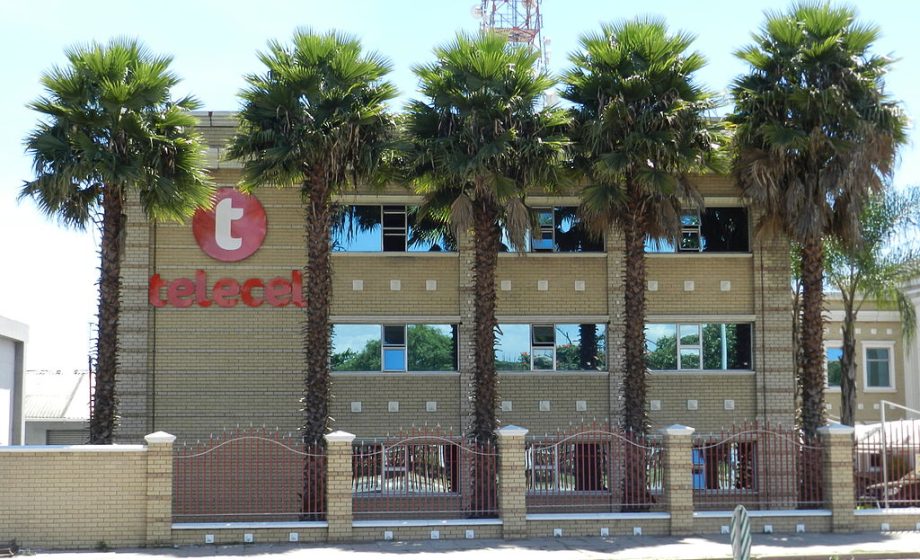There’s no doubt that Africa’s startup sector has been booming. Last year saw a four-fold increase in funding raised for African startups, with the total number of deals doubling. Startups across the continent raised over $725 million, soaring nearly 40 percent from $528 million the year before. There were also more large funding rounds over $5 million, with the top ten largest deals accounting for 61 percent of the total funding. Analysts suggest that these larger deals reflect growing investor confidence in Africa’s startups.
And yet the continent’s growing startup ecosystem is still underdeveloped, limited by available infrastructure. At the AfricaCom 2019 tech and telecom event, held in Capetown earlier this month, the demand for infrastructure to support this “digital transformation” emerged as a major theme.
In an interview at the event, Telecel CEO Mohamad Damush and Group Managing Partner Nicolas Bourg explained why telecoms like their company should play a role in building this infrastructure.
Damush says that “startups will be the main customer of telecom operators in the future” and operators “need to be driven by the requirements of startups, like digital platforms, data centers, better connectivity, and so on.”
According to Damush, telecom operators have a shared interest in providing a better environment for startups.
“We believe it’s about creating an ecosystem in the digital environment between startups, between [Mobile Network Operators], and the investor needs to acknowledge that,” Bourg says.
In Africa, while agritech and fintech have been at the heart of recent growth, Bourg points out: “It’s just the beginning. We don’t know where it’s going to be, and the way to keep track of it is to be close to the startups.”
Damush says Telecel is focusing on developing data centers, incubators and workspaces, and high-speed connectivity, to support startups. For now, they’re focused on larger cities, but in the future, they’re aiming to expand this infrastructure to rural areas—particularly to support agritech startups.
In addition to infrastructure, Telecel helped launch the African Startup Initiative Program (ASIP) earlier this year, a project to help bring attention to Africa’s fledgling startups. The group works to connect startups with international VCs, funds, and angel investors. At AfricaCom, ASIP sponsored 16 startups for its exhibition in a key location at the conference, as well as a panel discussion in which startups presented their ideas to global investors.
They’re not alone. In August, the pan-African incubator MEST announced 11 new investments in startups, totaling $1.1 million, its largest investment to date. MEST provides training and seed funding for Africa’s entrepreneurs. This year, recipients included startups in agritech, fintech, beauty, and entertainment, based in Nigeria, Kenya, Ghana, and South Africa—all hubs for Africa’s startup scene.
Startups are drawing support from the public sector as well. Last year, the International Finance Corporation and Egypt’s Ministry of Investment and International Cooperation launched the Next African Startups Program, to connect promising startups to investors, financial institutions, and policymakers. They selected over 100 startups, including agritech platforms like Esoko and Twiga Foods, both of which offer digital marketplaces to connect farmers, vendors, and buyers more efficiently.
Africa’s burgeoning startup environment could bring the continent new opportunities and an improved quality of life. And it’s showing exciting signs of growth—but that growth is limited by how quickly infrastructure can keep up.
As Bourg said at AfricaCom, their effort to support startups “focuses on the needs of the population, and by discovering and selecting startups that make a difference, we are helping fill the gaps and unmet needs of the society.”
Photo by Nmandinika [CC BY-SA 3.0 (https://creativecommons.org/licenses/by-sa/3.0)]

